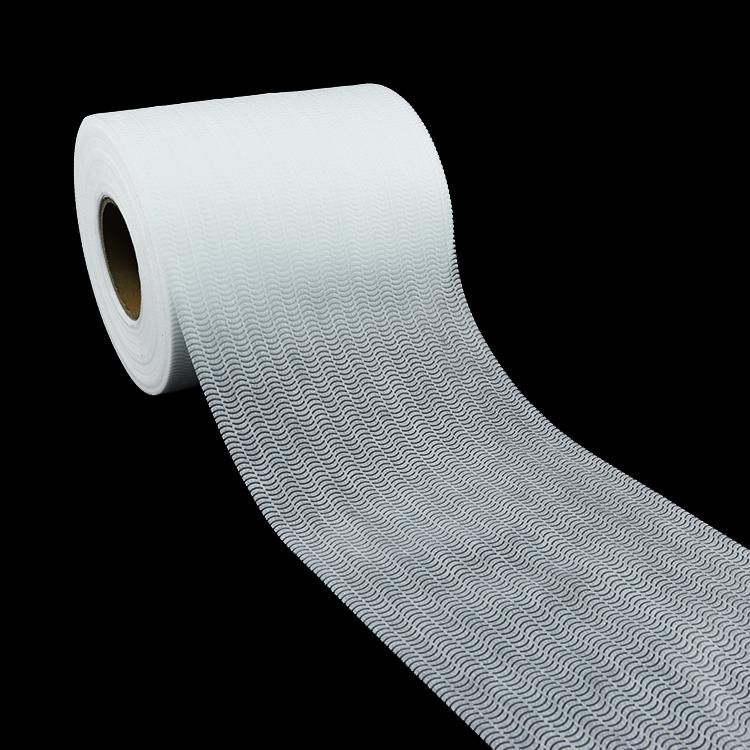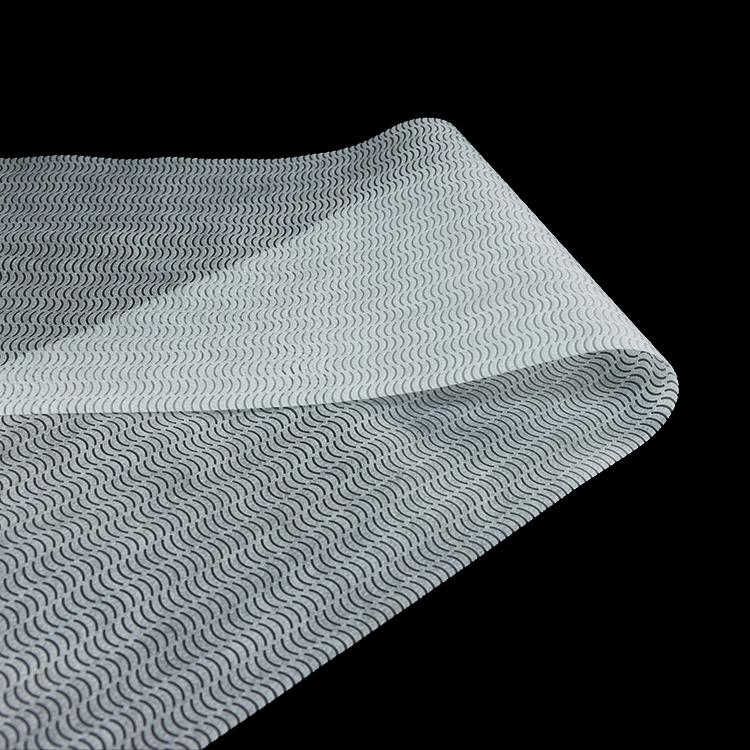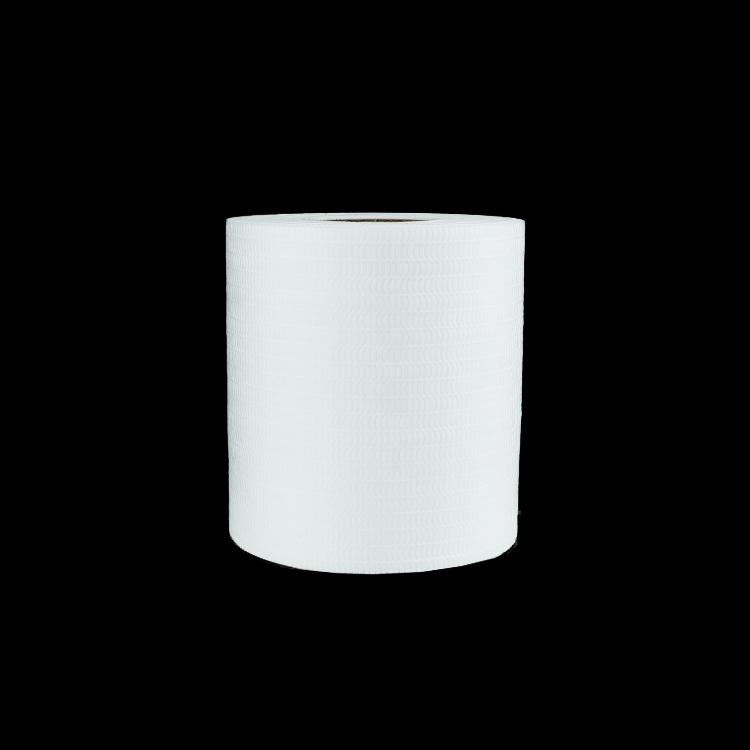Author:Baby & Adult Diaper Materials FROM:Diaper Materials Manufacturer TIME:2023-03-06
When choosing a diaper, raw material of diaper is very important because raw material of diaper may affect the comfort of the child, and some children may even be allergic to some materials, so it must be chosen carefully, so what kinds of composition does raw material of diaper have?
Disposable diapers are made up of the following materials: cellulose, polypropylene ester high performance absorbent, polyethylene, polypropylene, polyester, a small amount of elastomer and viscose. Baby diapers are an essential item for babies, making childcare easier for many mothers, but for many new mothers, they do not know much about the models of baby nappies.
Generally speaking, diaper models are divided into N, B, S, M, L and XL, and different models are suitable for different sizes of babies. Newborn 0-5kg: soft and dry surface to protect young skin, S small 5-8kg: young baby size for complete comfort, M medium 7-11kg: thin and snug fit for active crawling babies, L large 10-14kg: slimmer crotch to reduce spillage, XL large 13kg+: high waist design for active babies.

A: Diapers and nappies: the difference in appearance
Diapers are like adult pants, they can be held in place across the sides to maximise the absorption of urine.
A nappy is like a sanitary napkin, but it doesn't have the fasteners that hold it in place across the span. Nappies are convenient and easy to use, but may cause various problems due to the lack of proper scientific skills in using them, so mothers should read the steps to use them correctly to prevent illnesses in their babies.
B: Differences in function
The outer wrapping layer of nappies allows urine to seep quickly into the inner layer and prevents leakage back, making it comfortable and popular with babies. It is fixable on the baby's body and is secure with sticky fasteners, whereas nappies are attached directly to the body and fall off easily.
C: To sum up, nappies and nappies are not the same supplies, but their differences are not particularly obvious. For the sake of baby's health, mothers must read the instructions and precautions carefully, only when used correctly will babies grow up healthily.

The outer wrapping layer, the absorbent core layer and the backing fabric.
A. Outer wrapping layer
The outer layer keeps the child dry, absorbs urine quickly and prevents side leaks. Most of the best-selling nappies in the supermarkets today are non-woven, so babies don't feel too irritated when they wear them, and they are soft, friendly and comfortable.
B. Absorbent core layer
The main absorbent layer is the one that uses its capillary force to disperse the baby's urine across the entire surface, playing the role of rapid absorption, dispersion and eventual storage of urine. The absorbent cores of the nappies we usually see in major stores are mostly laminated and made of highly absorbent resin and pure wood pulp.
C. Backing fabric
Due to the price factor, the bottom of the more popular domestic diapers consists mainly of a breathable polyethylene film made up of high molecular organic compounds, while abroad non-woven nappies have started to be used because they are more comfortable and softer.


 Email: info@whldiapernonwoven.com
Email: info@whldiapernonwoven.com
 MP/WhatsApp: +86-13599937366
MP/WhatsApp: +86-13599937366
 Manufacturer Address:Room 1105B, Bld M1, Manhattan, Yulongwan, Shimao, Shuanglong Road, Meiling Street, Jinjiang, Fujian, China
Manufacturer Address:Room 1105B, Bld M1, Manhattan, Yulongwan, Shimao, Shuanglong Road, Meiling Street, Jinjiang, Fujian, China